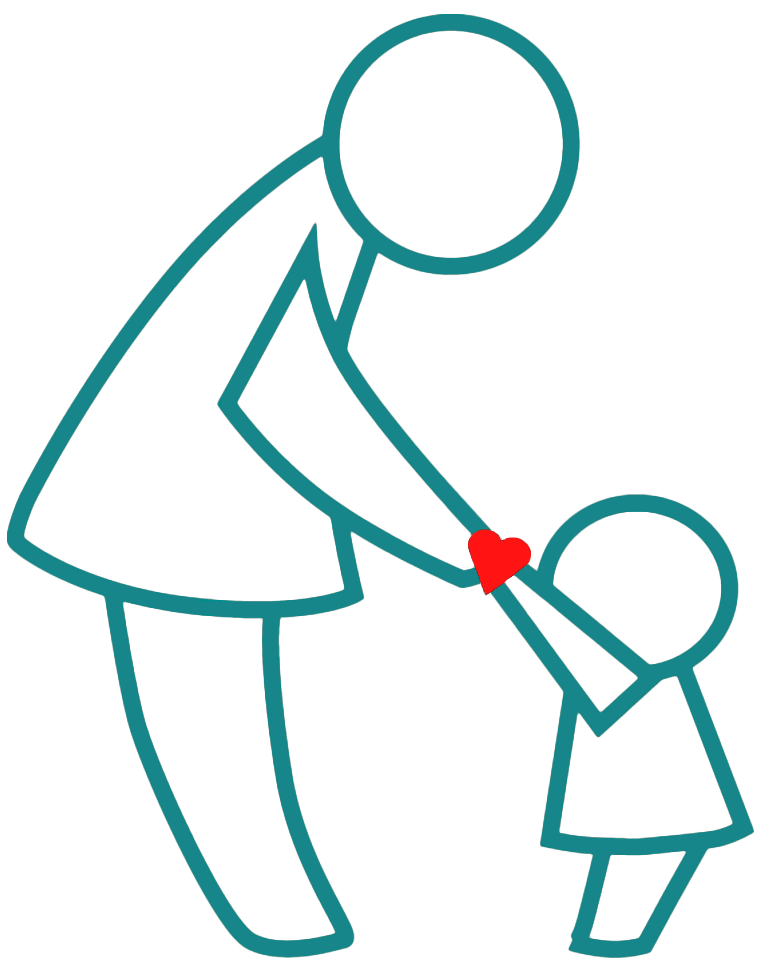Children's Resource Education Center
Therapies
CRF offers in house Speech, OT and Physical Therapy to those families who choose to have the services throughout the day. This allows for the teachers and therapists to collaborate and work as a team towards each child’s individual goals.
Speech Therapy
Talk Time is a professional corporation of speech-language pathologists at Children’s Resources. We focus on providing services for children who have autism, childhood apraxia of speech, feeding difficulties, language-based literacy disorders, developmental delays, fluency, and articulation/phonological disorders. We provide the quality of individual therapies with the benefits and convenience of therapies in a school setting: learning is facilitated in the child’s natural environment.
We recognize the importance of teamwork, and work collaboratively with the teachers, occupational therapists, physical therapists, behavioral therapists, psychologists, developmental pediatricians, special educators, and other speech pathologists.
Speech therapy is specifically tailored to meet the needs of each child. In general, therapy for toddlers and young children looks a lot like play. It often involves use of common toys (e.g., bubbles, cars, balls, puzzles, Play-doh (TM), baby dolls and other make-believe play objects). Speech and language skills are taught in a natural and meaningful way. Word-use is always encouraged, but for non-verbal children especially, preverbal skills are emphasized including affect, engagement, interaction, joint attention, imitation and gestures. The environment may also be manipulated to give the child more of a “reason” to communicate (e.g., placing objects out of reach, or in tightly closed containers so the child has to ask for help). For older children, therapy is usually more formal and structured, to target more specific aspects of speech and language. However, this is still done in a fun and motivating context.
Language is a general term which includes any form of commonly recognizable communicative acts. This can be in the form of speaking, writing, using sign language, or gestures. It includes subcomponents such as vocabulary, grammar, and pragmatics (social appropriateness). “Receptive language” refers to how we understand, or comprehend, language. “Expressive language” refers to how we send messages to other people. Disorders of language include: receptive and/or expressive language disorder, aphasia, language processing disorder, and specific language impairment. Speech refers to the specific act of verbalizing. Components of speech include articulation, inflection, loudness, voice quality (e.g., hoarse, hyper nasal), fluency (e.g., stuttering), and speaking rate. Disorders of speech include: articulation disorder, phonological disorder, apraxia, dysarthria, stuttering, cluttering, and voice disorder.

Occupational Therapy
Behavior Therapy

Services
Assessments:
Depending upon the nature of the concern, as well as the child’s abilities, assessments may include a combination of standardized testing and skilled observations, along with parent interview. When appropriate, reviews of other evaluation reports and interviews with teachers and other professionals can help provide a more thorough assessment. Once completed, a report is generated which includes a description of the child’s skills and areas of need, as well as recommended goals, a treatment plan, and referrals if needed.
Treatment:
A child’s treatment plan typically includes 1-3 sessions per week of direct one-on-one treatment. Services may also include consultations with teachers and other professionals, as well as periodic co-treatment sessions with other therapists. Parent education is an integral part of the process and may be done through direct involvement during therapy sessions, observation, conversations following sessions, and/or written notes. Progress reports are maintained in the child’s chart to monitor and record the child’s progress.
Other Services:
Feeding therapy is typically provided in the child’s classroom. Following a feeding evaluation, which includes an oral mechanism examination, observation of feeding, and parent interview, the nature of the feeding difficulties are determined including sensory, motor, and behavior-related problems. Recommendations are provided for feeding strategies, mealtime modifications, tool use, and oral-motor exercises. Parent consultations are maintained for carryover at home.




Want To Get In Touch?
Contact us to schedule a tour of Children’s Resources Center and see what makes us unique

